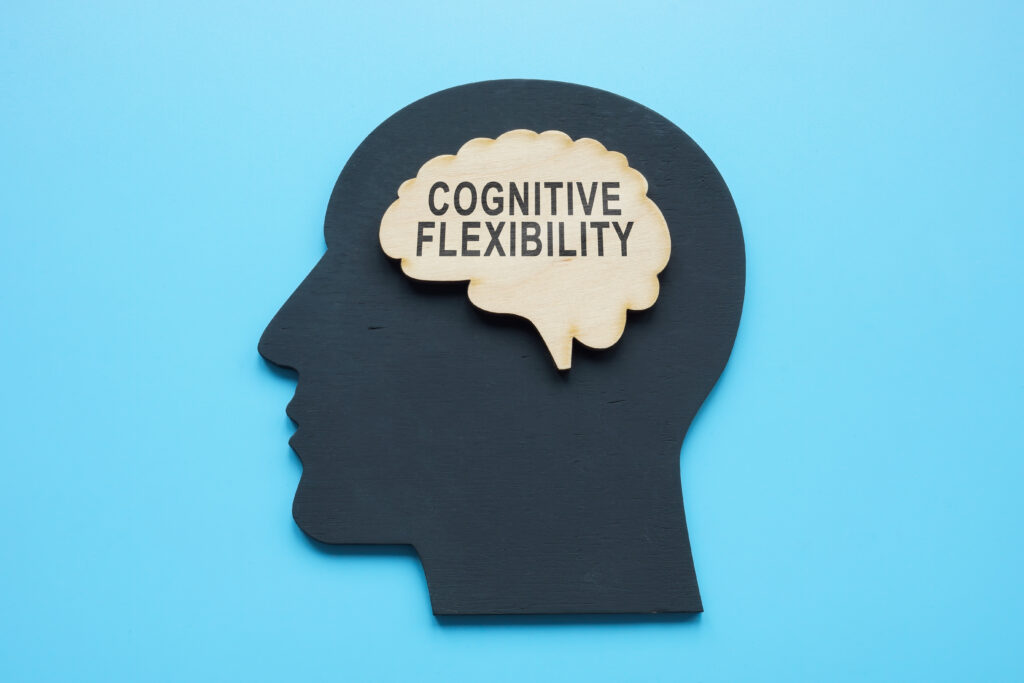Fetal Alcohol Spectrum Disorder (FASD) is a complex and lifelong condition that affects individuals who were exposed to alcohol during pregnancy. It is estimated that FASD affects anywhere from 1% to 5% of the population, making it one of the leading causes of preventable developmental disabilities.
FASD can result in a variety of physical, behavioral, and cognitive deficits, with cognitive deficits being one of the most common and impactful manifestations of the disorder. In this article, we will dive deeper into what FASD cognitive deficits are, how they manifest, and what can be done to support individuals with FASD who struggle with these deficits.
What are FASD Cognitive Deficits?
Cognitive deficits refer to difficulties in mental processes such as thinking, learning, and remembering. In the case of FASD, these deficits are a result of alcohol exposure during the critical stages of fetal brain development. Alcohol can harm the developing brain by interfering with the formation and organization of brain cells, disrupting the communication between different parts of the brain, and even causing cell death.
The cognitive deficits associated with FASD can manifest in a variety of ways, depending on the severity and location of the brain damage. Some individuals may have mild deficits that primarily impact their executive functioning skills, while others may have more severe deficits that affect their overall intellectual functioning.
Common cognitive deficits seen in individuals with FASD include:
1. Learning and memory difficulties: Due to damage in the hippocampus (the area of the brain responsible for memory), individuals with FASD may struggle with learning and retaining new information.
2. Poor executive functioning: This includes difficulties with planning, organization, problem-solving, and impulse control. These deficits can significantly impact daily activities and may lead to challenges in academic, work, and social settings.
3. Language and communication problems: Damage to certain areas of the brain can affect an individual’s ability to communicate effectively. This can lead to difficulties with speech, language comprehension, and social communication.
4. Motor skills deficits: Alcohol exposure can also impact the development of motor skills, resulting in difficulties with coordination, balance, and fine motor skills.
How Do FASD Cognitive Deficits Manifest?
FASD cognitive deficits can manifest differently in each individual, depending on the severity and location of the brain damage. However, some common signs and symptoms that may indicate cognitive deficits in individuals with FASD include:
– Difficulty following instructions and completing tasks
– Poor memory and forgetfulness
– Inability to think abstractly or understand cause and effect relationships
– Impulsivity and difficulty controlling behavior
– Trouble adapting to new situations or changes in routine
– Slow processing speed and difficulty with processing complex information
– Difficulty with academic skills such as reading, writing, and math
– Poor social skills and difficulty understanding social cues
– Lack of awareness of consequences or danger
– Trouble managing emotions and regulating behavior
It is important to note that these symptoms may not be present in all individuals with FASD, and the severity of these deficits can vary greatly.
What Can Be Done to Support Individuals with FASD Cognitive Deficits?
While there is no cure for FASD, there are various interventions and strategies that can help support individuals with FASD who struggle with cognitive deficits. Here are some examples:
1. Early intervention: Early identification and intervention are crucial for minimizing the impact of FASD cognitive deficits. This can include early childhood education programs, speech therapy, occupational therapy, and behavioral therapy.
2. Individualized education plan (IEP): For school-aged children, an IEP can help tailor their education to their specific needs and provide accommodations and modifications to help them succeed academically.
3. Multimodal approach: A combination of different interventions and therapies, such as occupational therapy, speech therapy, and behavior therapy, can help target and improve specific cognitive deficits.
4. Structure and routine: Individuals with FASD often struggle with changes in routine and transitions. Providing a structured and predictable environment can help reduce their anxiety and support their executive functioning skills.
5. Environmental modifications: Simple modifications in the environment, such as visual aids or written instructions, can help individuals with FASD better understand and follow instructions.
6. Education and support for caregivers: Caregivers play a crucial role in supporting individuals with FASD. Education and support can help them better understand the condition and learn strategies to effectively support their loved ones.
In conclusion, FASD cognitive deficits are a common manifestation of FASD and can significantly impact an individual’s daily functioning. However, with early identification and appropriate interventions and support, individuals with FASD can learn to manage and overcome these deficits to lead fulfilling lives. It is crucial to raise awareness about FASD and its impact on cognitive functioning to increase understanding and support for those affected by this disorder.


